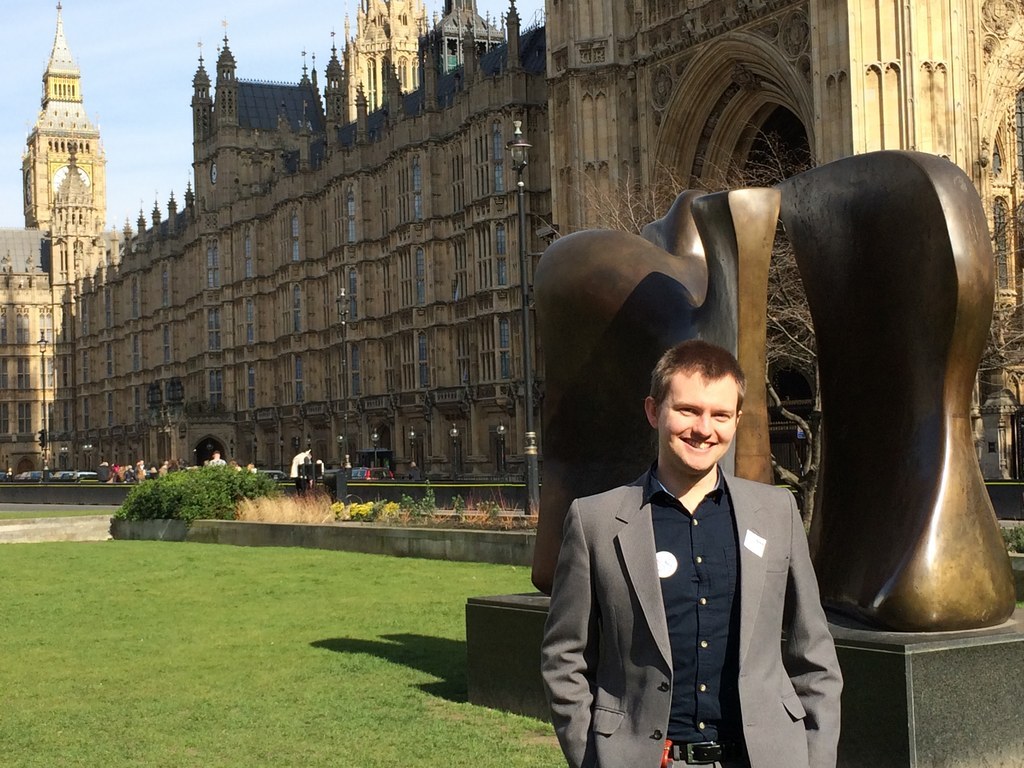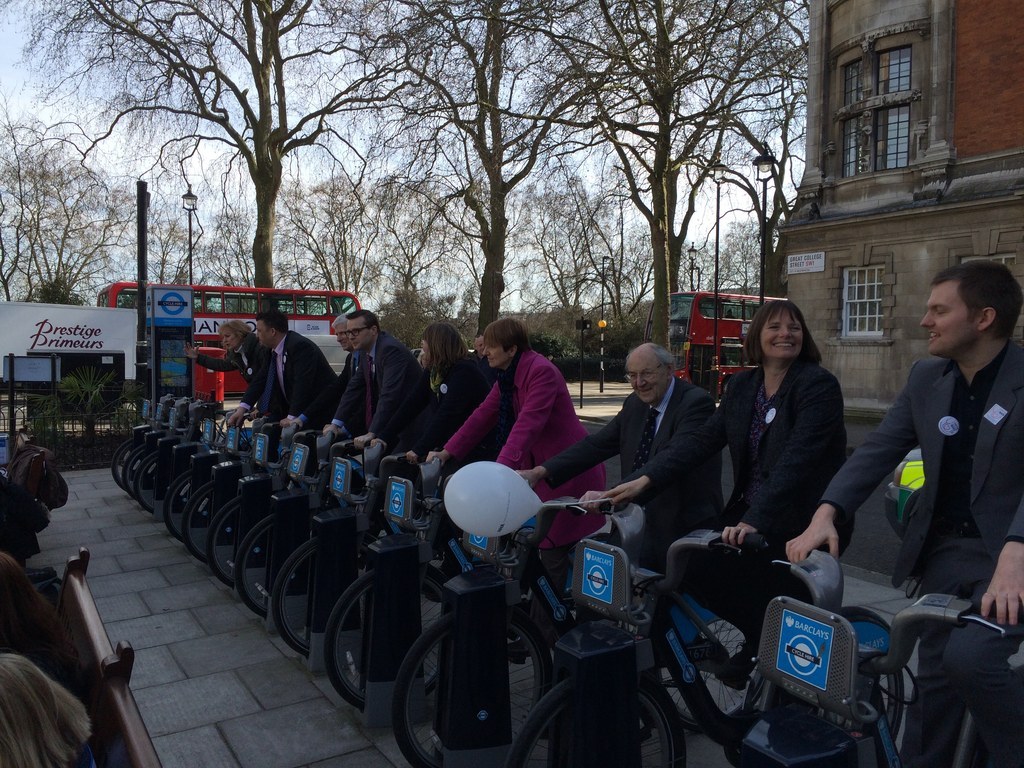A group of doctors and nurses are standing in the general election in a bid to reverse the "creeping privatisation" of the NHS.

The National Health Action (NHA) party, which launched its election campaign in Westminster on Thursday, is fielding 13 candidates in England against MPs who they hold responsible for a decade of "disastrous" health reforms from both Labour and the coalition government.
One candidate, Dr John Lamport, 26, was compelled to become a doctor after he survived cancer as a teenager. After 10 years inside the NHS as both a patient and, later, a junior doctor, he said the NHS which saved his life is in danger of being lost.
"There's billions and billions of pounds being wasted, and people have died even though there's been money to save them," said Lamport, who's standing in Nottingham East. "As a doctor, you're sitting there, holding a patient's hand as they're dying, knowing it could be different."
"So, you can either just shut down and try your best to get on with it, or try to fight it – we're just a group of doctors who have chosen to fight."
The NHA party's field of candidates includes GPs, senior physicians and specialists, and junior doctors like Lamport, all rallying against what they call the "privatisation and purposeful underfunding" of the NHS.
They believe it's essential to have experienced medical staff inside parliament, both making decisions which affect the health service and educating other MPs about what measures will work and what ones won't.

Lamport, who was diagnosed with testicular cancer at the age of 16, has been driven to the party because he fears the NHS is no longer able to offer patients the level of care he received as a teenager.
"I never wanted to go into medicine, but that changed when I was diagnosed," said Lamport. "I remember clearly that I was operated on within three and half days of going to the GP – now the average is 62 days because the budget has been cut so much and there's so much red tape.
"It was the speed of that surgery which stopped me dying – would that happen now? I doubt it."
At the same time Lamport was diagnosed, five other young men were being treated for similiar illnesses in his oncology ward, and they all became friends.
Of the six, he was the only one to survive.
"The other guys all passed away fairly quickly," said Lamport. "We had this agreement between us – we all knew and spoke about how we were all going to die – and it feels bad when you're the only one who lived, you feel guilty.
"When you're 16 years old, you don't have the emotional maturity to deal with that guilt in a sensible way, so I told myself, 'What I'm going to do is become the best doctor ever and prevent anyone else ever dying of cancer.'
"That was naive, I know that now, but it's still the thing which has driven me on these past few years."

Since becoming a junior doctor, Lamport said, he has been shocked by the impact of health reforms and the "profit-driven culture" inside the NHS.
He said a doctor's job is increasingly becoming about selling treatments to the NHS, and that he is often pressurised to sell and prescribe treatments that aren't necessary.
"That's what medicine is becoming," he said, "and I got involved in [the NHA party] because that's not what medicine should be. If there are kids out there who are ill, they need the same medical care that I had."
He is particularly worried that "some local candidate UKIP pillock" could have a say in how the health service is run.
"A local council may well be very well trained in public health policy and strategically managing health budgets – I don't think they are, but they might – but what if some local candidate UKIP pillock gets to determine who gets to deliver open heart surgery?" he said.
"It's that bad! You can't underestimate how bad this coalition and the Labour party have been for the NHS."

The NHA party accepts that it faces "a monumental challenge" to win just one seat, although co-leader Dr Richard Taylor has already served as an MP (for the affiliated Health Concern party) and Dr Louise Irvine, who's standing in South West Surrey, has been ranked second favourite in her seat by local bookmakers.
If the party does pick up a decent number of votes, there is a risk it could split the left, taking away Labour votes and aiding the very coalition parties it holds chiefly responsible for the NHS reforms it's campaigning against.
However, the NHA party takes a "both as bad as each other" approach, said Lamport.
"I would love to have an excuse to believe in any of our current parties," he said. "If I did I could convince myself to go back on the wards and go back to my old job, staying with poorly people and helping them get better and holding their hands when they're dying.
"But I can't do that, because if I give up, and if we give up, the NHS is going to get worse and people will suffer.
"We'll be on the frontline watching people dying – people who we knew we could have saved if only we'd done something."
